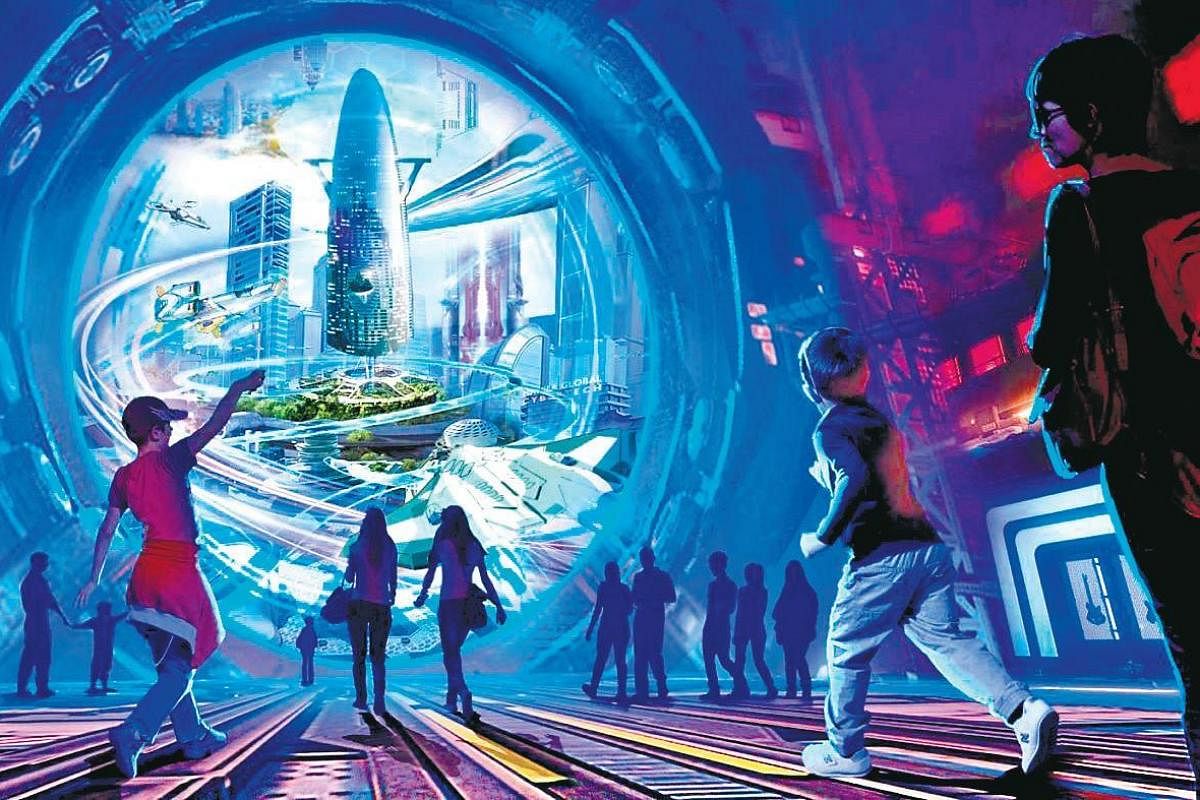Telecom & Technology Consulting

While it’s impossible to predict the future, we can be certain that society will always come up with The Next Big Thing. Lately, the buzz is all about the metaverse. And like anything new and trendy, many are trying to comprehend the metaverse and how it will affect our lives.
If we distill the metaverse to its essence, it’s how we’ve transferred many of our experiences from the real, physical world to the digital landscape. Just about each day, most of us share content, purchase something online, watch videos, and participate in other digital activities. We even have digital versions of ourselves that come into contact with other virtual beings.
At the dawn of the Internet, metaverse meant a future when we could “visit” actual places via software. The theory predicted that we would then walk around these locations and have three-dimensional experiences. That vision of the future is now today’s reality.
Contrary to what many believe, the metaverse isn’t the same thing as wearing a VR headset. Rather, it’s the totality of a number of actions: creating a digital avatar, producing individual work, and connecting to virtual experiences that replicate the emotions of the real world.
As with anything fresh in popular culture, and by extension, in business, many companies are cynical of the metaverse. These naysayers, though justified in their skepticism, should pay attention to the brands that have already jumped on the metaverse train.
The prevailing logic is that blockchain and decentralized finance have created new jobs and expanded economies. Couple that with the fact that digital has been weaved into our everyday experiences, and we can now play games, buy real estate, spend money, and do a host of other actions online. Almost anything, for that matter.
This is why many experts predict that the metaverse will be the most effective marketing tool for brands in the near future. With so many avenues for advertising, piles of cash will flow to digital platforms in a massive effort to hook consumers on new products and services. And if that’s not enough, companies will promote their offerings through concerts, sports events, and conferences in way we’ve never seen before.
We will even see metaverse style advertising in chat and gaming apps, which focus more on user connections than the activity itself. As such, the metaverse will enable deeper connections, where people (and their avatars) can engage on the topics that matter most in their lives. On the flip side, these same users will develop more intimate connections with the brands they allow into their personal metaverses. In fact, at some point, many believe there will no longer be physical barriers between brands and their customers: every interaction will occur in the digital metaverse.
But with these benefits, companies must understand that being part of the metaverse means they have some work to do as well. They must become creators in order to meet their consumers where they are, and to provide what they expect. And that should be easy, given that brands now have almost-instant access to every stripe of creative professional, from writers to designers to developers to video editors.
It’s natural to perceive the metaverse as purely being in the realm of science fiction, with these virtual worlds and virtual people. Yet many felt the same about e-commerce, online communities, and other offshoots of the early Internet era. Metaverse experiences will become more of the norm as well, making them seem as “natural” as buying books online when we look back five or ten years from now.
The question for companies isn’t so much if the metaverse will take hold. Instead, they have to ask what they will do to prepare for it.